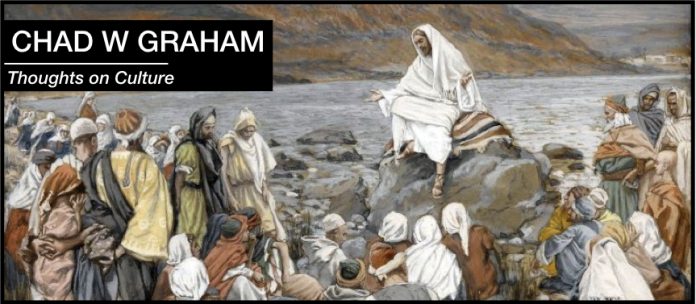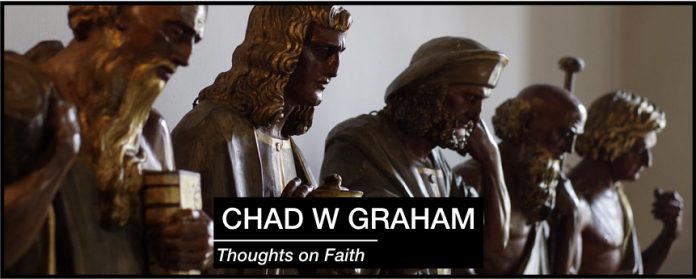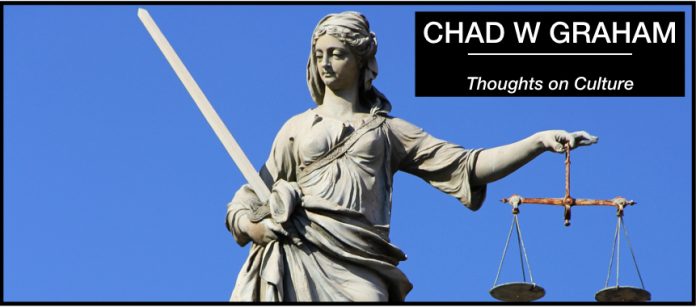Listening well is essential to civil society and for all relationships. You may have seen the meme, which goes, “My girlfriend yelled at me today saying, “You weren’t even listening to me were you?” I thought, “Man, what a weird way to start a conversation.” Listening well is a skill we all need to develop. We all know that men and women communicate in different ways. Unless a couple in a relationship is aware of this, it leads to inevitable conflicts.
A recent Harvard Business School article asks “Has Listening Become a Lost Art?” (source). I think that many in relationships, and those who observe political and religious discourse today would agree that it is indeed a lost art. But it is a lost hart that need to be resurrected. There is a piece of biblical wisdom that says, “let every person be quick to hear, slow to speak, slow to anger” (James 1:19). Is seems that flashes of anger are often born of a failure to really listen to a conversation partner.
Listening Well in Conflict Resolution/Avoidance
Do you wish you had less conflict in your relationships? How about in politics? or religion? Have you ever been involved in a divorce, business lawsuit, or other legal conflict? Listening well may help you avoid, or lessen the challenge of any of these conflicts. One business website argues:
Listening is key to all effective communication. Without the ability to listen effectively, messages are easily misunderstood. As a result, communication breaks down and the sender of the message can easily become frustrated or irritated (Source).
Listening Well in Relationships
Psychologist Susan Heitler writes that “listeners is loving”:
When people talk about having a “great relationship,” they in large part are referring to how openly they listen to each other, plus how much positive feedback they give each other.
As a parent, this is one of the best things I learned about interacting with my children. They can easily get frustrated and upset when they don’t feel like they have been understood. Simply listening has de-escalated many parenting conflicts in our family.
Listening Well in Political Dialogue and Religious Discussions
Anyone browsing social media, perhaps (un)social media knows that many commentators talk past one another. As Trevin Wax concludes: “If it seems like too often we are talking past one another, the truth is, we usually are.” (the gospel coalition)
Listen Well in Law
One of the greatest benefits of a law school education, is its insistence that there are two sides to nearly every conflict. The courts are one place in which this conflict is played out. But mediation is also a popular way of resolving conflicts.
Mediation is basically just listening to one another with a mediator who facilitating effective communication. On research journal reports: “A study of 449 cases administered by four major providers of ADR services showed that mediation was capable of settling 78 percent of cases.” (source)
Listening Well
So, how can you listen well? I would suggest the first thing to do is shift your attitude in any conversation. What are you doing when you talk to someone? You are not lecturing, you are not debating–usually. To converse, both parties must listen, otherwise they will find themselves simply talking over one another.












